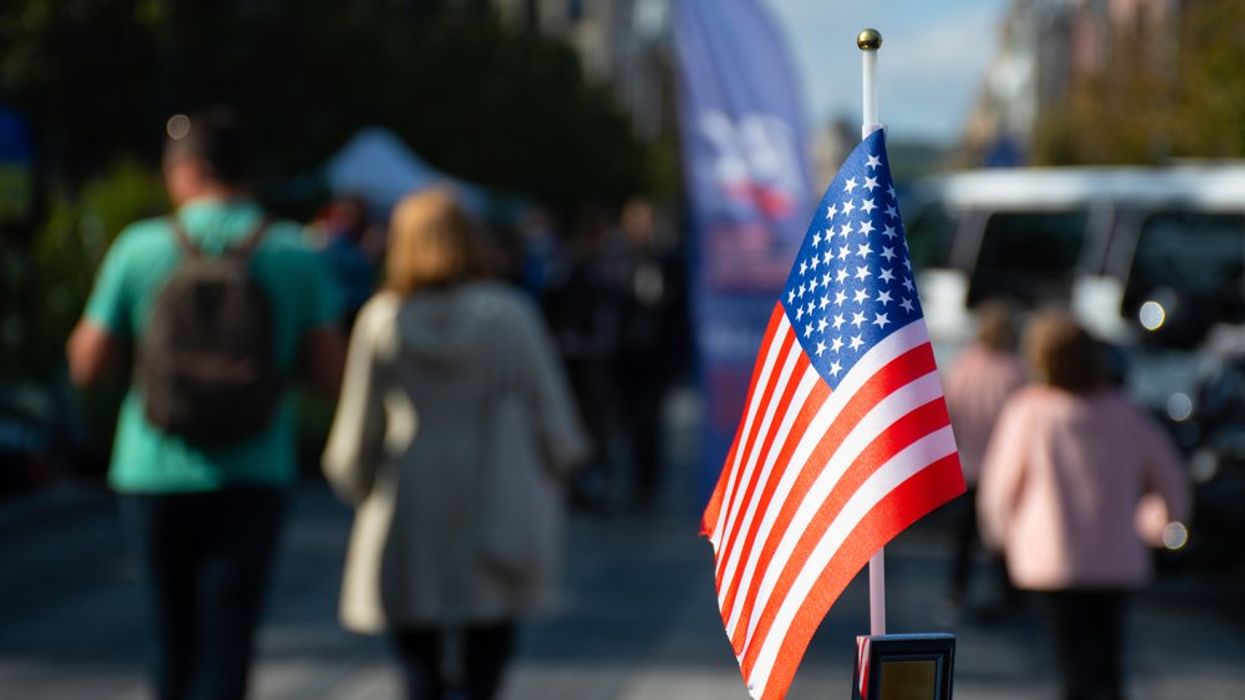How 'misperception' and 'delusion' are increasing 'partisan hostility': columnist


A 2022 Pew Research Center study found "increasingly, Republicans and Democrats view not just the opposing party but also the people in that party in a negative light," adding, "Growing shares in each party now describe those in the other party as more closed-minded, dishonest, immoral and unintelligent than other Americans."
Thomas B. Edsall argues in a recent column for The New York Times although there "are very real — and substantial — policy differences separating the Democratic and Republican Parties," this partisan divide embodies "what scholars variously describe as misperception and even delusion is driving up the intensity of contemporary partisan hostility."
He emphasizes, "the irrational element of partisan hostility has seemingly created a political culture resistant to correction or reform. If so, the nation is stuck, at least for the time being, in a destructive cyclical pattern that no one so far has found a way to escape."
READ MORE: 'Division' and 'polarization' are how we got here. Are they our way out?
The longtime NYT columnist spoke with several professor, political scientists and other experts about why these misconceptions and delusions exist.
Julie Wronski, a political scientist at the University of Mississippi, noted in an email that “much research has shown that Americans' views of the other party are in fact driven by misperceptions and falsehoods," saying, similar to the way "Democrats overestimate the percentage of wealthy Republicans, Republicans overestimate the number of L.G.B.T.+ Democrats."
Wronski emphasized "people are motivated to defend" these kinds of values," adding, "Protecting your identity becomes more important than embracing the truth."
Edsall writes, Alia Braley, a doctoral candidate in political science at the University of California, Berkeley said:
We find that everyday Democrats believe that everyday Republicans are way more hostile to democracy than they really are. And vice versa. In that sense people are, in fact, operating under a delusion that everyday opposing partisans are willing to undermine democracy. And yes, this misperception seems to cause intense affective polarization.
READ MORE: 'Angry and resentful': Barack Obama calls out Rupert Murdoch for promoting America’s 'polarization'
Berkeley political scientist Gabriel Lenz added, "much of the polarization is delusional," saying "some misperceptions are much more important than others. Misperceptions on policy or on the demographic makeup of parties are probably important, but they don’t directly threaten democracy. Misperceiving that the other side no longer supports democracy, however, is a more direct threat to democracy. It’s a more direct threat because it leads your own side to no longer support democracy to the same degree."
Stanford University sociologist Robb Willer told Edsall, "As the old sociological adage goes, situations believed to be real can become real in their consequences," adding, "It is likely that Democrats' and Republicans' inaccurate, overly negative stereotypes of one another are to some extent self-fulfilling, leading partisans to adopt more divisive, conflictual views than they would if they saw each other more accurately.
Edsall emphasizes, "The embodiment of delusional politics is, of course, Donald Trump, with his false, indeed fraudulent, claim that the 2020 election was stolen from him. The continuing willingness of a majority of Republican voters to tolerate this delusion reflects the difficulty facing the nation as it struggles to restore sanity to American politics — if it's not too late."
READ MORE: 'Polarizing' Kari Lake could be a major headache for GOP strategists in 2024: conservative
Thomas Edsall's full column is available at this link (subscription required). Pew Research Center's report is here.